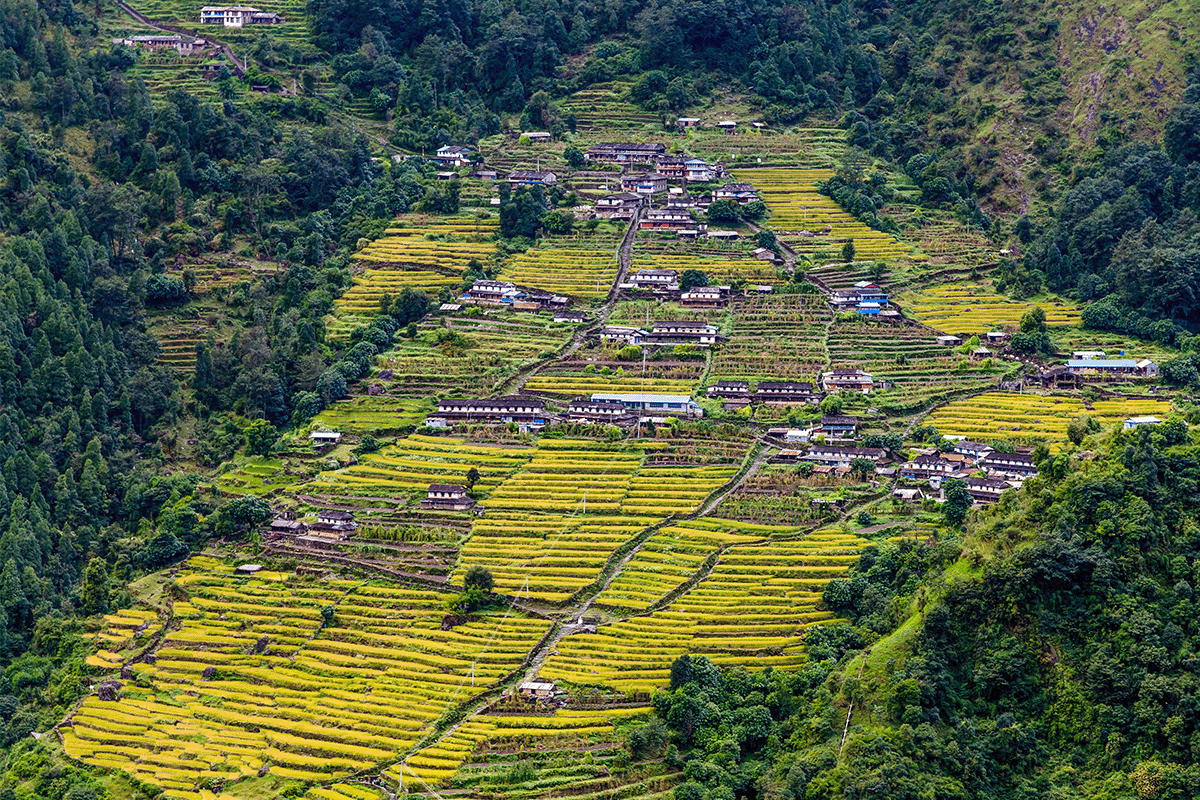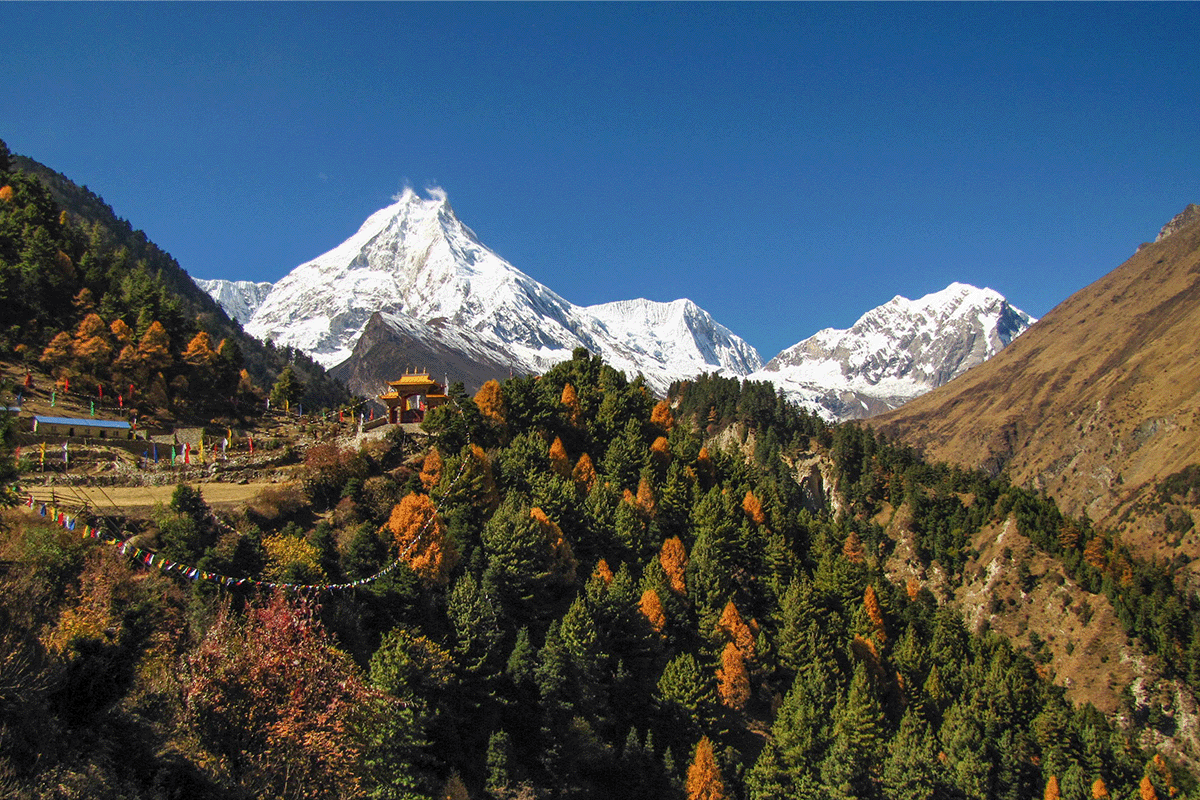Deforestation is a significant environmental concern in Nepal, which has forests covering over a quarter of the land area as of 2021. Deforestation not only negatively impacts biodiversity and ecological systems but also threatens the livelihoods of many communities in Nepal that rely on forests for resources such as timber, fuel, and medicine.

Nepal’s community forestry initiatives
To address this issue, Nepal has implemented community forestry initiatives that have proven to be a successful model for combating deforestation. Community forestry is a collaborative approach that involves local communities in the management and protection of nearby forests. By involving local communities in decision-making and management, these initiatives not only promote sustainable forest management practices but also help to address poverty and social inequality.
One of the most successful community forestry initiatives in Nepal is the Community Forestry Program (CFP), launched in 1995 with support from the government and international organisations. The CFP empowers communities to manage nearby forests by granting them legal rights to use and manage forest resources. This initiative has established more than 17,000 community forest user groups, covering around 1.8 million hectares of forest land.
The success of community forestry initiatives in Nepal can be attributed to several factors. Firstly, the involvement of local communities in decision-making ensures their needs and concerns are taken into account and that forest management practices are tailored to local contexts. This participatory approach helps to build trust and cooperation between communities and government agencies and has been shown to reduce conflicts over forest resources.
Secondly, community forestry initiatives provide economic incentives for communities to manage and protect nearby forests. By granting legal rights to use and manage forest resources, these initiatives create opportunities for communities to generate income from sustainable forest-based enterprises, such as eco-tourism, agroforestry, and non-timber forest products. This helps alleviate poverty and provides a financial incentive for communities to protect and manage nearby forests sustainably.
Read more: What is sustainable land management?
 Chomrong village on the hill slope at 2,170 metres, Himalayas, Nepal.
Chomrong village on the hill slope at 2,170 metres, Himalayas, Nepal.
Thirdly, community forestry initiatives have successfully raised awareness and built capacity for sustainable forest management practices among local communities. Through training and capacity-building programmes, communities gain knowledge and skills in forest restoration, soil conservation, and biodiversity conservation. This has led to improved forest health and increased biodiversity in many areas.
Read more: Top 10 causes of deforestation
Nepal’s challenges
Despite the success of community forestry initiatives in Nepal, there are still challenges to be addressed. One of the main challenges is the need for more legal recognition and support for community forestry at the national level. Although the CFP has been successful at the local level, there is a need for stronger legal frameworks and policies that support community forestry and ensure its long-term sustainability.
Read about: Countries with the highest deforestation rates in the world
Another challenge is the increasing pressure on forest resources due to population growth and economic development. Nepal's population is projected to reach 38 million by 2050, likely increasing the demand for forest resources. Additionally, Nepal's economy relies heavily on natural resources, including forests, which could lead to increased pressure on forests for commercial purposes. This highlights the need for continued support for Nepal's community forestry initiatives and sustainable forest management practices.
 Autumn forest at the foot of the 8,000-metre mountain Manaslu in Nepal.
Autumn forest at the foot of the 8,000-metre mountain Manaslu in Nepal.
Conclusion
In conclusion, Nepal's community forestry initiatives have proven to be a successful model for combating deforestation and promoting sustainable forest management practices. By involving local communities in decision-making and providing economic incentives for sustainable forest-based enterprises, these initiatives have not only helped to protect and manage nearby forests but also promoted social and economic development.
However, continued support and investment in community forestry and sustainable forest management practices are needed to address the challenges posed by population growth and economic development. This is what DGB Group aims to do, promote sustainable practices and reforest the world at scale. DGB works with various stakeholders, such as governments and communities, to develop large-scale, impactful nature-based projects that restore nature and capture large amounts of carbon. These projects help the regeneration of biodiversity, the restoration of vital habitats, and the sustainable development of communities.
Contact us to find out more about our projects and how you can get involved





